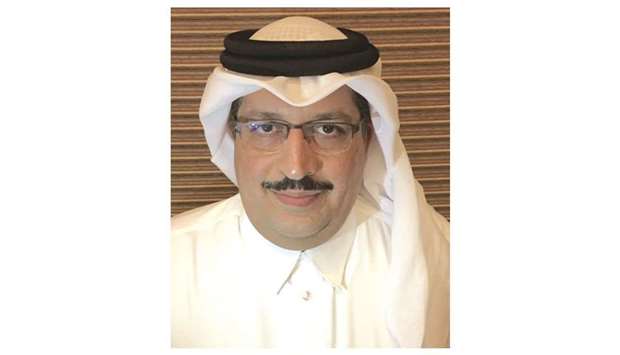On June 5, 2017, the Comoros’ former coup leader Azali Assoumani sided with the Saudi and UAE-led blockade of Qatar and announced severing of relations with Doha. The exact reason as to why Assoumani favoured the blockaders is unclear; however, it is crystal clear that Qatar has always looked after the development of the African country.
In March 2010, Doha hosted a Conference in Support of Development and Investment in the Comoros to help launch infrastructure projects in energy, water, roads, airports, buildings, bridges, and agricultural reclamation in that country. Doha contributed to the advancement of the economic development of the Comoros, creating jobs and supporting initiatives to establish projects for individuals and companies. Qatar helped fund the Sea Fishing Company and other companies like the Agriculture and Livestock Company, Tourism Company, and a Development Bank.
Qatari funded projects in the Comoros include Imam Al-Shafei College, Alparlaman, Retaj Moroni Hotel, Mineral Water Plant, Sheikh Jassim bin Jabor al-Thani Hospital, Sea Fishing Project, Al-Iman Schools, a wireless telecommunications network, Muhaili Government Building and Moroni University Amphitheater. Qatari Education Above All foundation helped in providing classrooms for 25,000 primary schoolchildren.
Doha donated around $130mn in aid for development of economic, educational, and health projects. The Sea Fishing Project alone secured jobs for about 4,000 people. Comorian students were enrolled in Qatar University and at the Nursing College at Qatar Foundation. Hundreds of Comorians are employed by security companies in Qatar. All have been done for raising the Comorians’ living standards.
The above is a mere synopsis of the contribution by Qatar with regard to the development of the Comoros, and it has been rewarded with the severance of relations! The Comoros, though a poor country, is rich in its wonderful and loving people.
In 2017, the Comoros was usurped by Saudi Arabia and the UAE through the blockade against Qatar. It is a modern-style usurpation that shows how countries are using petrodollars to exploit and manipulate their political agenda at the expense of poor people.
The Comoros’ example also exposes the hidden agendas of the blockading countries and their attempt to bring countries back to the barn of obedience and clone regimes like those deposed during the Arab Spring. The blockading countries are the same who are working on a vision to secularise the governments in the region, ignoring the fact that secularism goes hand in hand with democracy, freedom of speech, respect for human rights, and allowing political parties.
The blockaders have so far paid millions of dollars to fulfil their political agendas and conspiracies against Qatar, instead of using that money to reduce the number of their unemployed citizens and avoid a social unrest that hovers on their horizon. They are creating enmity between the peoples of different countries through involving them in governments’ conflicts.
[email protected]

EDITOR


